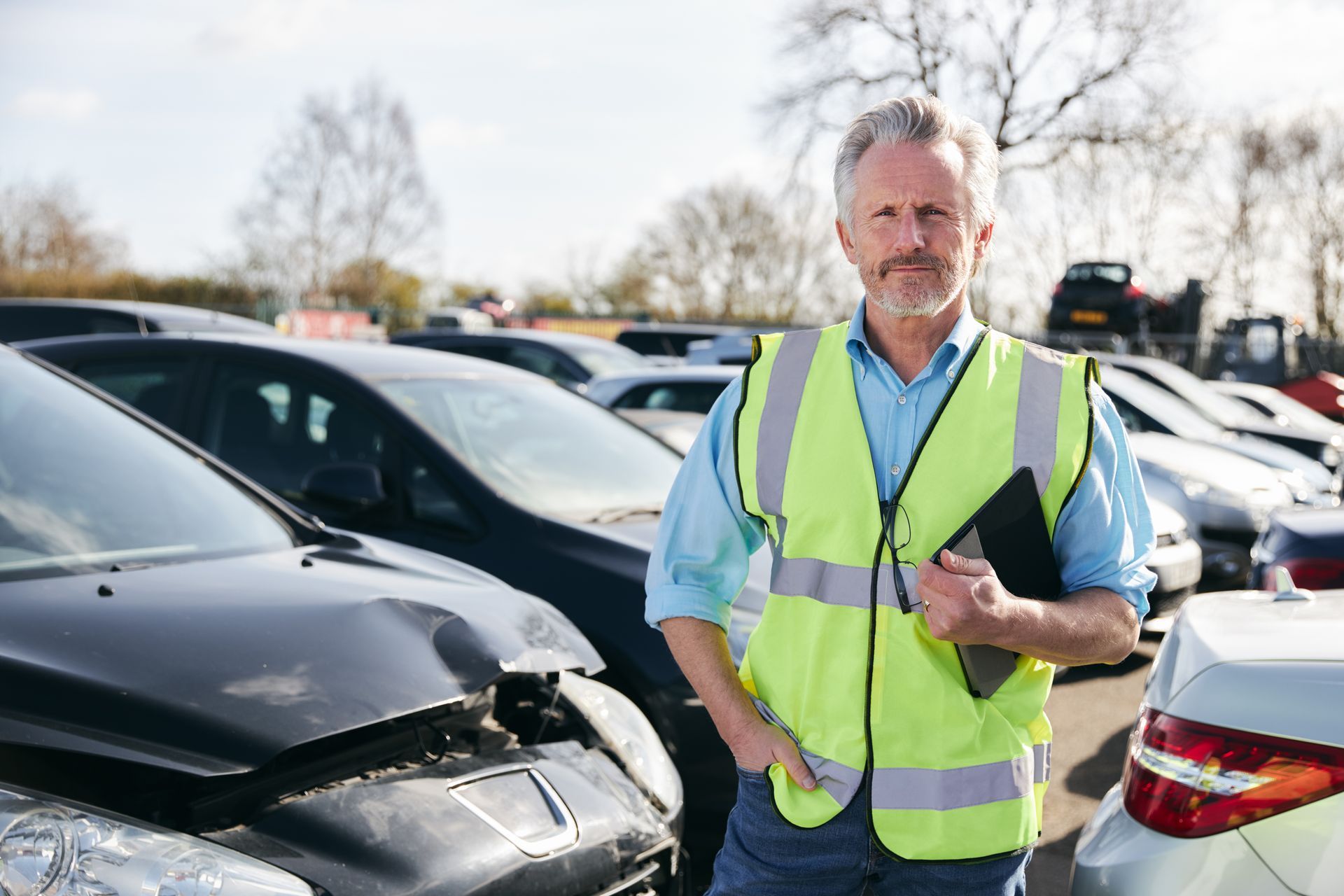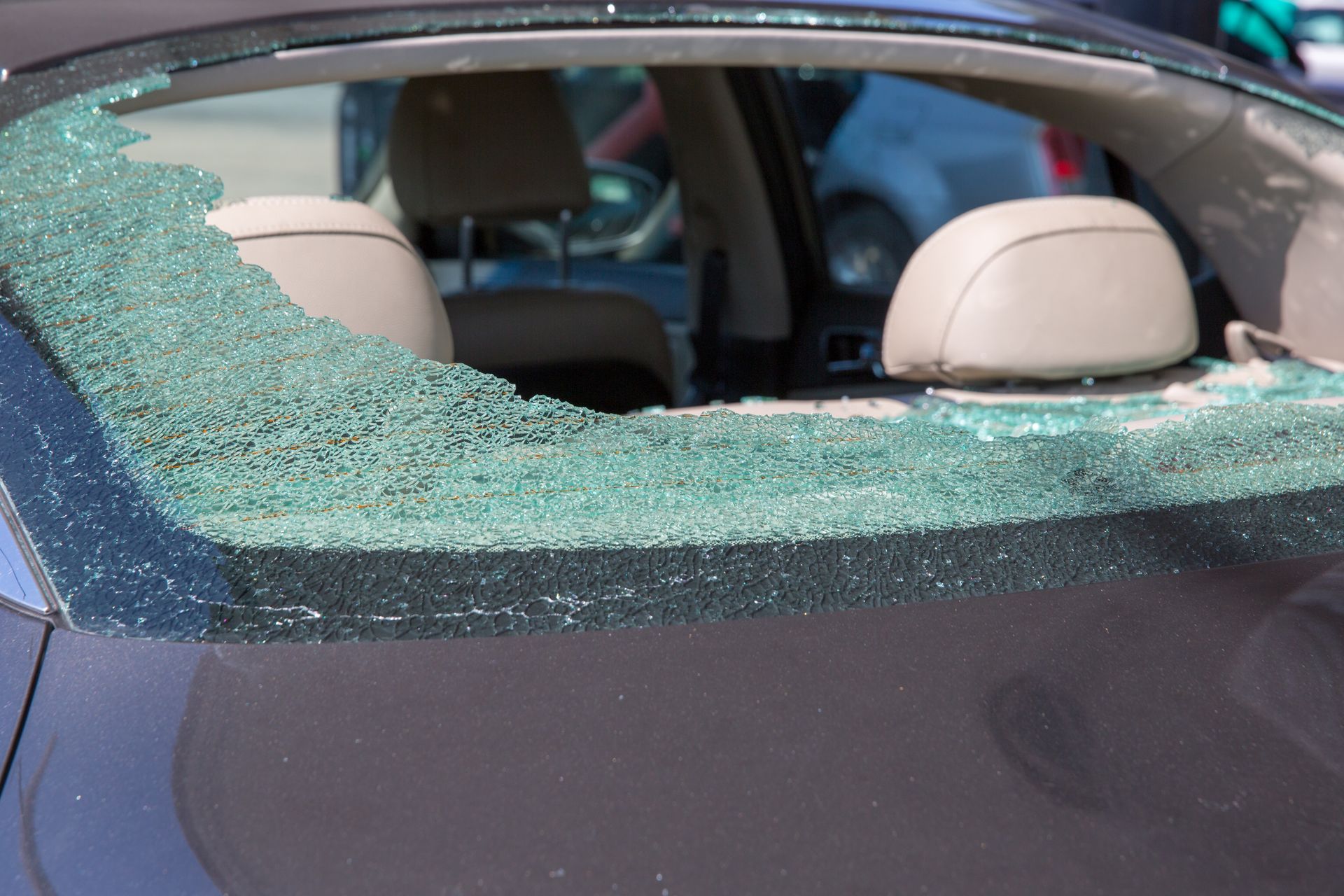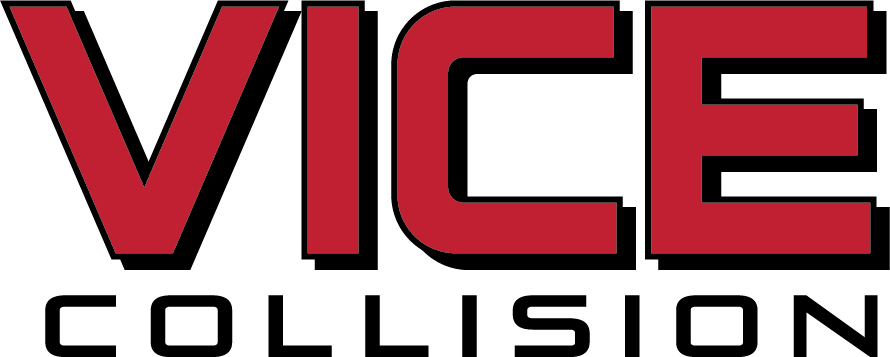Will My Insurance Rates Increase After a Collision Repair?
Understanding how accidents and repairs impact your insurance premiums and what factors determine rate changes.
Accidents happen, but after the repairs are complete, many drivers are left wondering: Will my insurance rates increase? Understanding how insurance companies handle rate increases can help you plan your next steps and potentially save money. Let’s explore the factors that can impact your insurance premiums after a collision repair and how you can make informed choices.
Understanding how accidents and repairs impact your insurance premiums and what factors determine rate changes.
Accidents happen, but after the repairs are complete, many drivers are left wondering: Will my insurance rates increase? Understanding how insurance companies handle rate increases can help you plan your next steps and potentially save money. Let’s explore the factors that can impact your insurance premiums after a collision repair and how you can make informed choices.
Fault Matters: Who Was Responsible for the Accident?
One of the biggest factors in determining whether your rates will go up after a collision repair is who was at fault for the accident. If you’re at fault, you may see an increase in your premium because insurance companies often associate fault with higher risk.
Fault Matters: Who Was Responsible for the Accident?
One of the biggest factors in determining whether your rates will go up after a collision repair is who was at fault for the accident. If you’re at fault, you may see an increase in your premium because insurance companies often associate fault with higher risk.

For At-Fault Accidents:
Insurance Impact: Generally, if you’re found responsible, your rates are more likely to rise.
Accident Forgiveness: Some insurers offer “accident forgiveness” programs, especially if you have a clean driving record. In these cases, your rates may stay the same despite the accident.
For At-Fault Accidents:
Insurance Impact: Generally, if you’re found responsible, your rates are more likely to rise.
Accident Forgiveness: Some insurers offer “accident forgiveness” programs, especially if you have a clean driving record. In these cases, your rates may stay the same despite the accident.

For At-Fault Accidents:
Insurance Impact: Generally, if you’re found responsible, your rates are more likely to rise.
Accident Forgiveness: Some insurers offer “accident forgiveness” programs, especially if you have a clean driving record. In these cases, your rates may stay the same despite the accident.

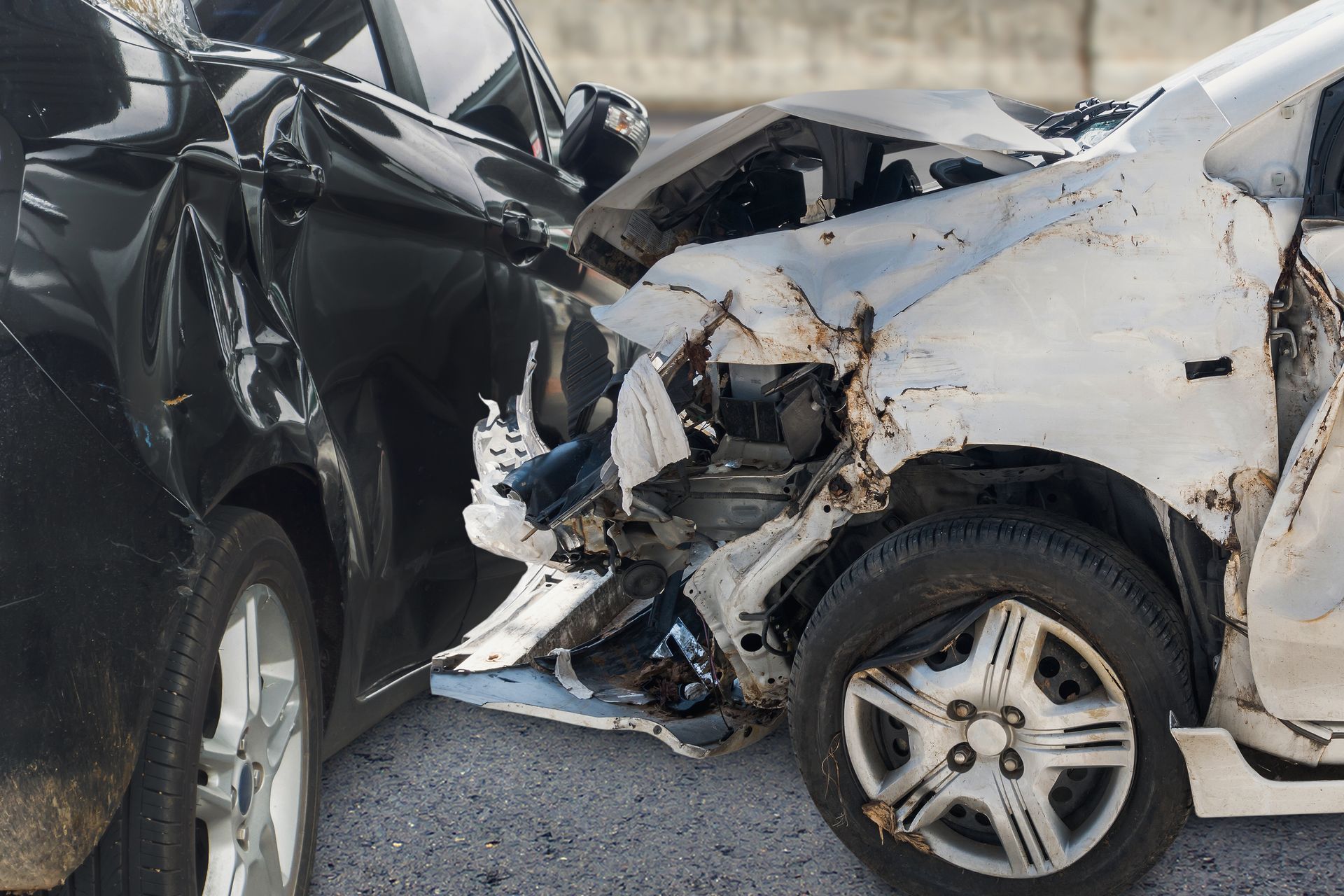
For Not-At-Fault Accidents:
Insurance Impact: If the other driver is found responsible, you’re less likely to see an increase in your rates.
Claims Involving Uninsured Motorists: Some states allow insurance companies to raise rates even if the other driver is at fault but uninsured. Check with your insurer to see how they handle these cases.

For Not-At-Fault Accidents:
Insurance Impact: If the other driver is found responsible, you’re less likely to see an increase in your rates.
Claims Involving Uninsured Motorists: Some states allow insurance companies to raise rates even if the other driver is at fault but uninsured. Check with your insurer to see how they handle these cases.
Claim Severity and Frequency
Another consideration is the cost and frequency of claims. If your claim is for extensive damage and requires a large payout, your rates could rise, as insurers often view high-cost claims as an indicator of risk. Additionally, multiple claims within a short period may signal a pattern of risk to insurers, resulting in premium hikes.
Claim Severity and Frequency
Another consideration is the cost and frequency of claims. If your claim is for extensive damage and requires a large payout, your rates could rise, as insurers often view high-cost claims as an indicator of risk. Additionally, multiple claims within a short period may signal a pattern of risk to insurers, resulting in premium hikes.
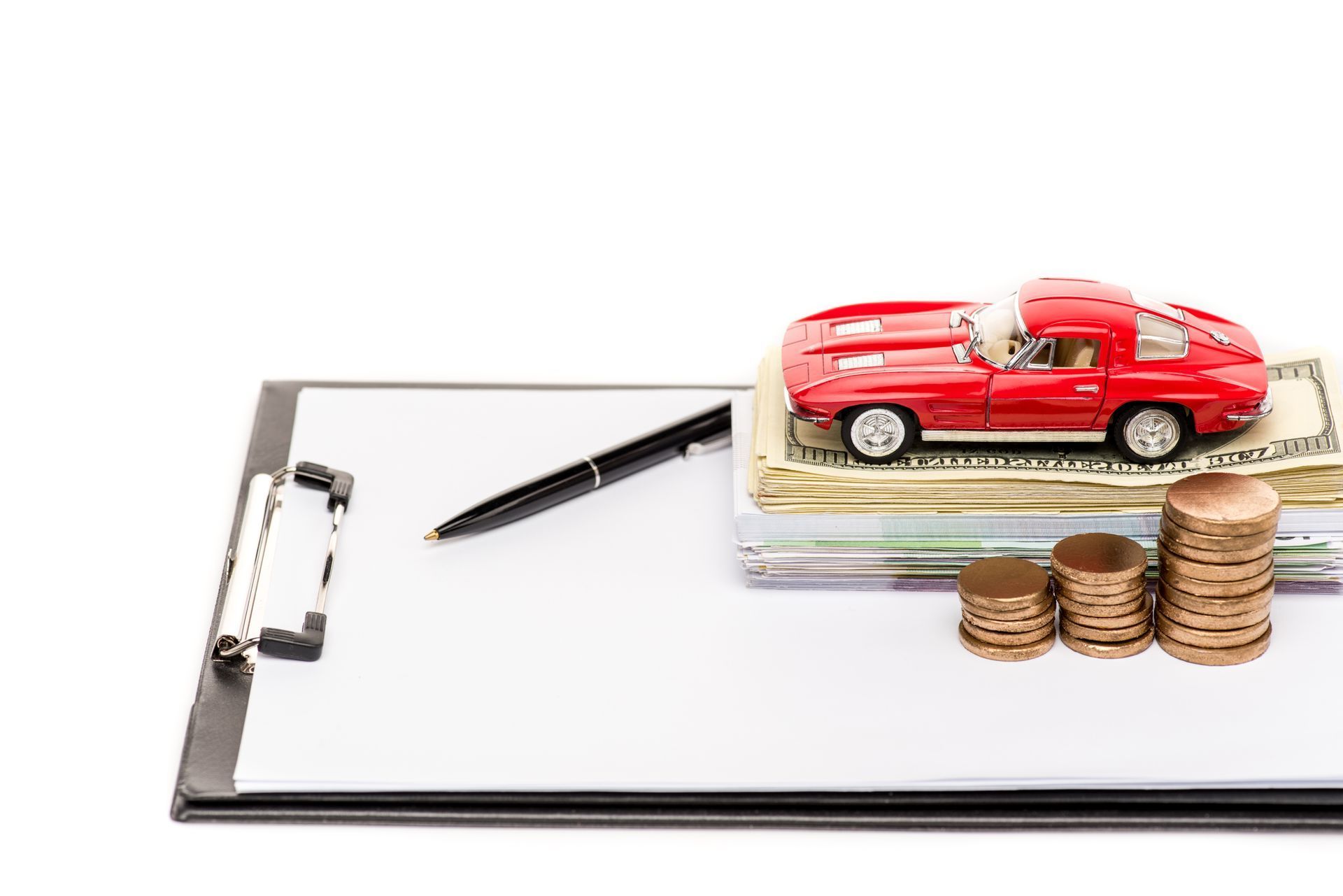
Factors Insurance Companies May Review:
- Repair Costs: Expensive repairs can raise red flags with insurers. Extensive collision repairs, such as frame straightening or paint jobs, may influence your rate.
- Claim History: If you’ve filed other recent claims, whether for accidents or other types of incidents, you may be more likely to experience a rate increase.
Tip: Avoid filing claims for minor repairs if you can cover them out-of-pocket. This approach can reduce your chances of multiple claims and keep your premiums stable.
Factors Insurance Companies May Review:
- Repair Costs: Expensive repairs can raise red flags with insurers. Extensive collision repairs, such as frame straightening or paint jobs, may influence your rate.
- Claim History: If you’ve filed other recent claims, whether for accidents or other types of incidents, you may be more likely to experience a rate increase.
Tip: Avoid filing claims for minor repairs if you can cover them out-of-pocket. This approach can reduce your chances of multiple claims and keep your premiums stable.

Factors Insurance Companies May Review:
- Repair Costs: Expensive repairs can raise red flags with insurers. Extensive collision repairs, such as frame straightening or paint jobs, may influence your rate.
- Claim History: If you’ve filed other recent claims, whether for accidents or other types of incidents, you may be more likely to experience a rate increase.
Tip: Avoid filing claims for minor repairs if you can cover them out-of-pocket. This approach can reduce your chances of multiple claims and keep your premiums stable.

Types of Coverage and Policy Details
Types of Coverage and Policy Details
Your specific policy also plays a role. Not all types of insurance coverage impact rates the same way after a claim.
For example:
- Collision Coverage: Generally, if you file a claim under collision coverage, it may lead to a rate increase if you’re at fault.
- Comprehensive Coverage: Claims filed under comprehensive coverage, such as those for natural disasters or vandalism, may not affect your collision-related premiums.
- Deductibles and Accident Forgiveness: Higher deductibles and accident forgiveness programs can sometimes help keep premiums from rising.
Each insurance provider has its policies, so it’s helpful to review your policy specifics or reach out to your insurer to understand how different coverage types can impact your rates.
Your specific policy also plays a role. Not all types of insurance coverage impact rates the same way after a claim.
For example:
- Collision Coverage: Generally, if you file a claim under collision coverage, it may lead to a rate increase if you’re at fault.
- Comprehensive Coverage: Claims filed under comprehensive coverage, such as those for natural disasters or vandalism, may not affect your collision-related premiums.
- Deductibles and Accident Forgiveness: Higher deductibles and accident forgiveness programs can sometimes help keep premiums from rising.
Each insurance provider has its policies, so it’s helpful to review your policy specifics or reach out to your insurer to understand how different coverage types can impact your rates.
Location and State Regulations
Location and State Regulations
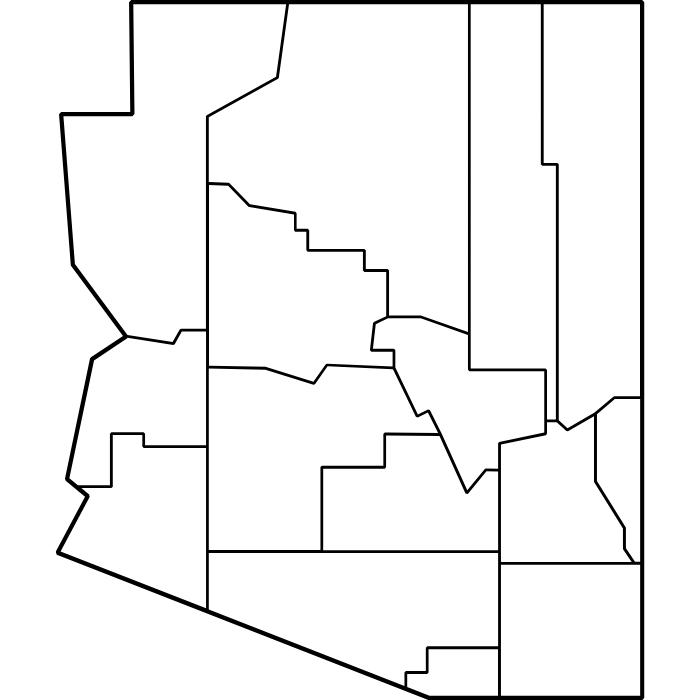
Where you live can also affect your rates after a collision repair. In some states, insurance companies are restricted from raising rates for certain types of claims, especially if you’re not at fault. Arizona, for instance, does allow insurers to raise rates after at-fault accidents, but not all claims automatically result in increases.
Tip: Contact your insurance provider to ask about state-specific regulations. They can help clarify whether your claim might lead to a premium increase.

Where you live can also affect your rates after a collision repair. In some states, insurance companies are restricted from raising rates for certain types of claims, especially if you’re not at fault. Arizona, for instance, does allow insurers to raise rates after at-fault accidents, but not all claims automatically result in increases.
Tip: Contact your insurance provider to ask about state-specific regulations. They can help clarify whether your claim might lead to a premium increase.
How to Potentially Avoid Rate Increases
How to Potentially Avoid Rate Increases
While rate increases aren’t always avoidable, here are some steps that may help you reduce the likelihood of a premium hike:
- Drive Safely: Maintaining a clean driving record is one of the best ways to keep your rates low. Many insurance companies offer discounts to drivers with accident-free records.
- Consider Accident Forgiveness: Some insurers offer accident forgiveness, especially if you’ve been a long-time customer with no prior incidents. Accident forgiveness programs allow you to have one at-fault accident without seeing a rate increase.
- Compare Policies: Shopping around for quotes from different providers can reveal better options. If your current insurer raises your rates, it may be worth considering other insurance options to keep your premiums affordable.

While rate increases aren’t always avoidable, here are some steps that may help you reduce the likelihood of a premium hike:
- Drive Safely: Maintaining a clean driving record is one of the best ways to keep your rates low. Many insurance companies offer discounts to drivers with accident-free records.
- Consider Accident Forgiveness: Some insurers offer accident forgiveness, especially if you’ve been a long-time customer with no prior incidents. Accident forgiveness programs allow you to have one at-fault accident without seeing a rate increase.
- Compare Policies: Shopping around for quotes from different providers can reveal better options. If your current insurer raises your rates, it may be worth considering other insurance options to keep your premiums affordable.

The Bottom Line
While a collision repair alone doesn’t automatically lead to higher insurance rates, factors like fault, claim cost, and location can influence whether your premiums will rise. Understanding your policy details and knowing which factors your insurer considers can help you make informed decisions about filing claims and managing costs.
At VICE Collision, we aim to provide a stress-free repair experience, including assistance with insurance coordination to help simplify the claims process. Whether you’re dealing with a minor dent or extensive repairs, our goal is to support you through every step, making sure you have all the information you need to make the best choices for your vehicle and insurance.
Need Collision Repair? Contact VICE Collision Today
Have questions about collision repair or insurance claims?
VICE Collision is here to help. Contact us for expert collision repair, towing, and support navigating the insurance process.
Call us at 480-300-5034 or fill out our contact form for more information.
The Bottom Line
While a collision repair alone doesn’t automatically lead to higher insurance rates, factors like fault, claim cost, and location can influence whether your premiums will rise. Understanding your policy details and knowing which factors your insurer considers can help you make informed decisions about filing claims and managing costs.
At VICE Collision, we aim to provide a stress-free repair experience, including assistance with insurance coordination to help simplify the claims process. Whether you’re dealing with a minor dent or extensive repairs, our goal is to support you through every step, making sure you have all the information you need to make the best choices for your vehicle and insurance.
Need Collision Repair? Contact VICE Collision Today
Have questions about collision repair or insurance claims?
VICE Collision is here to help. Contact us for expert collision repair, towing, and support navigating the insurance process.
Call us at 480-300-5034 or fill out our contact form for more information.
All Rights Reserved | Vice Collision

